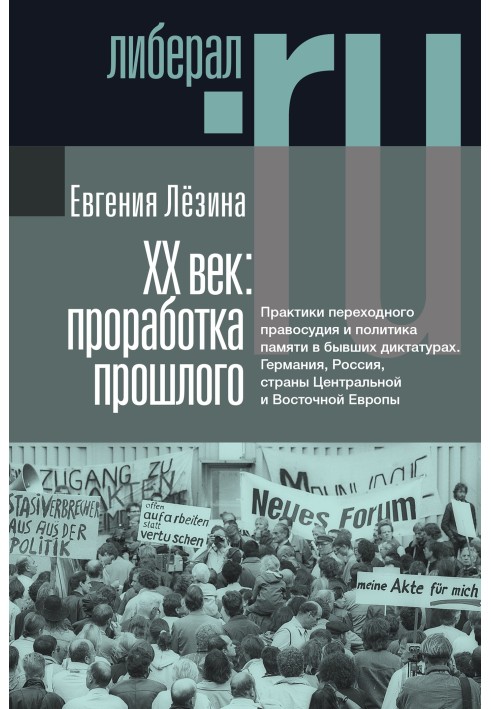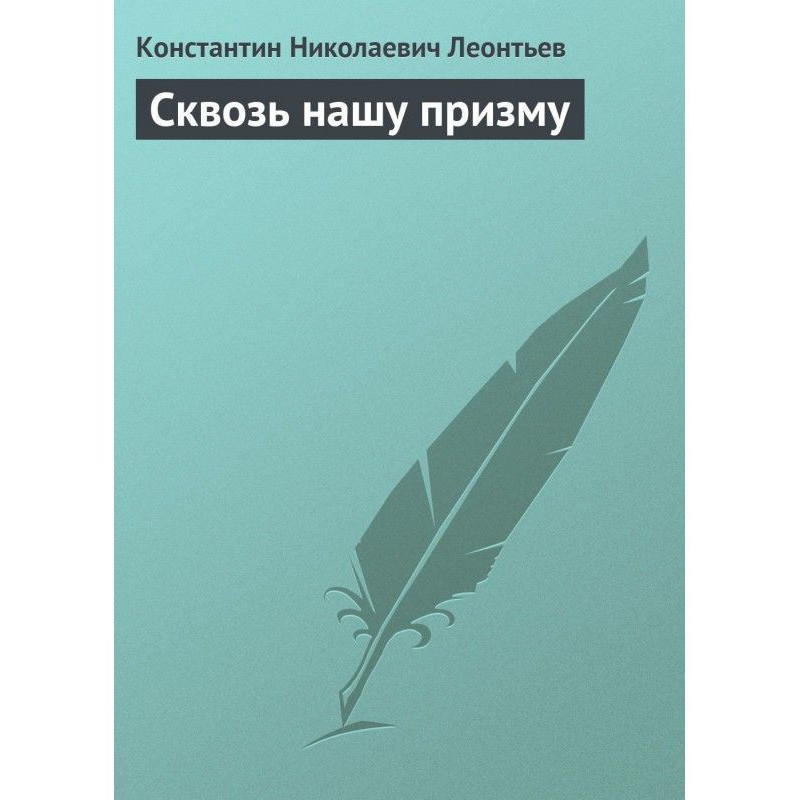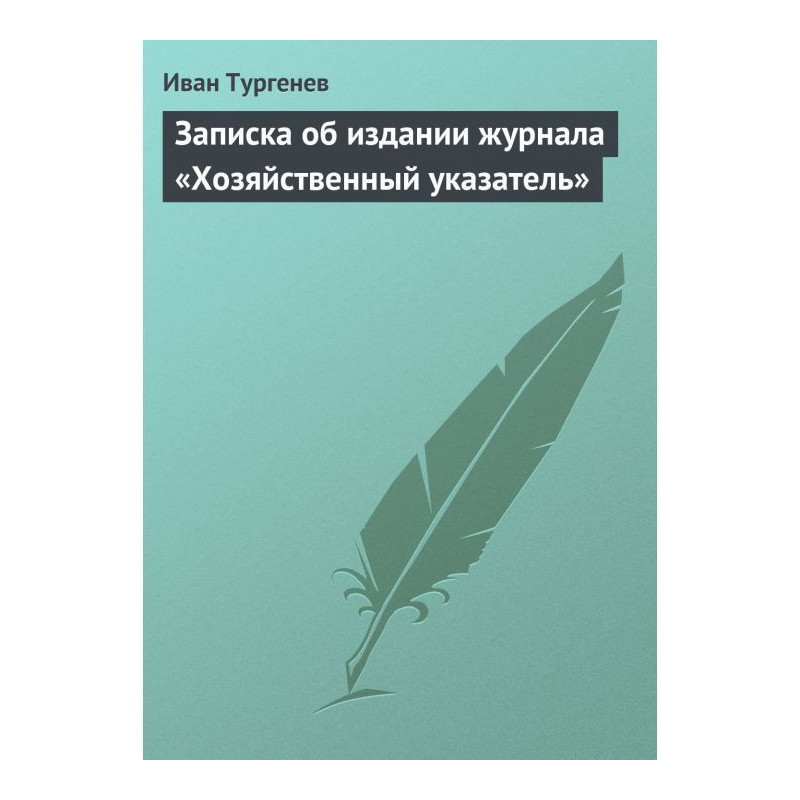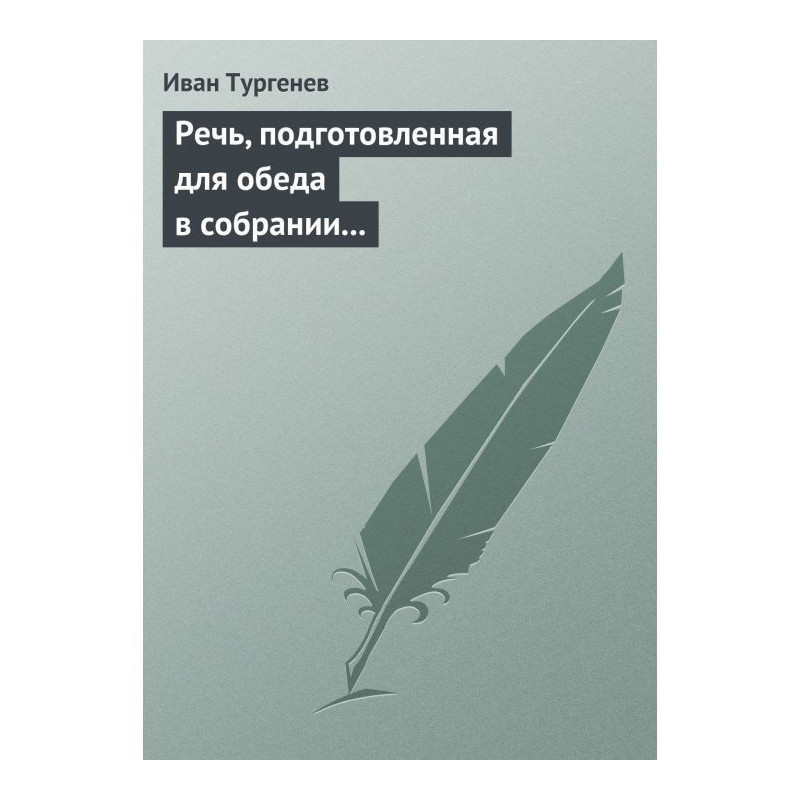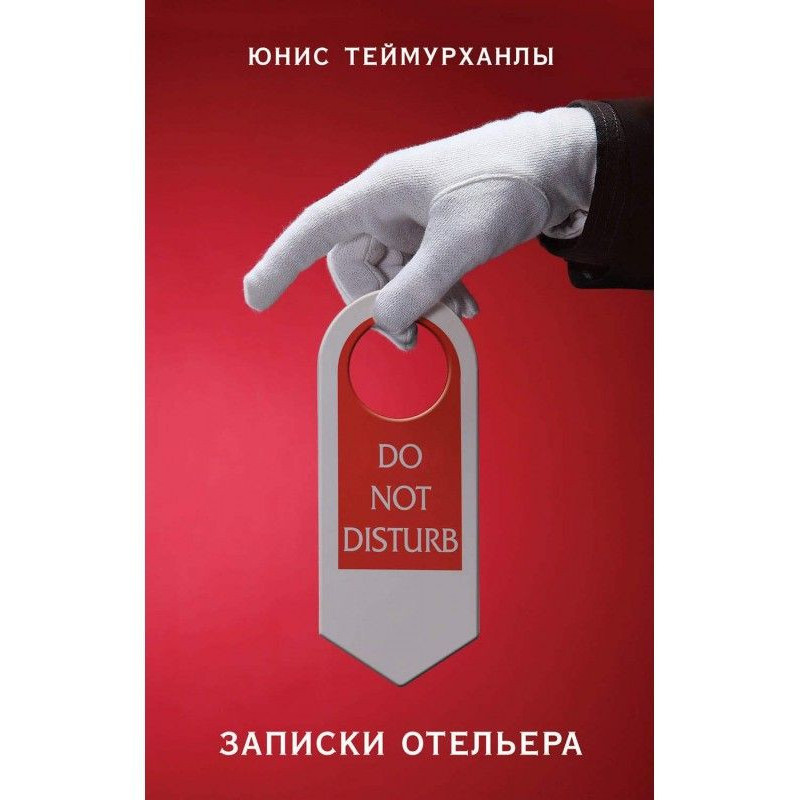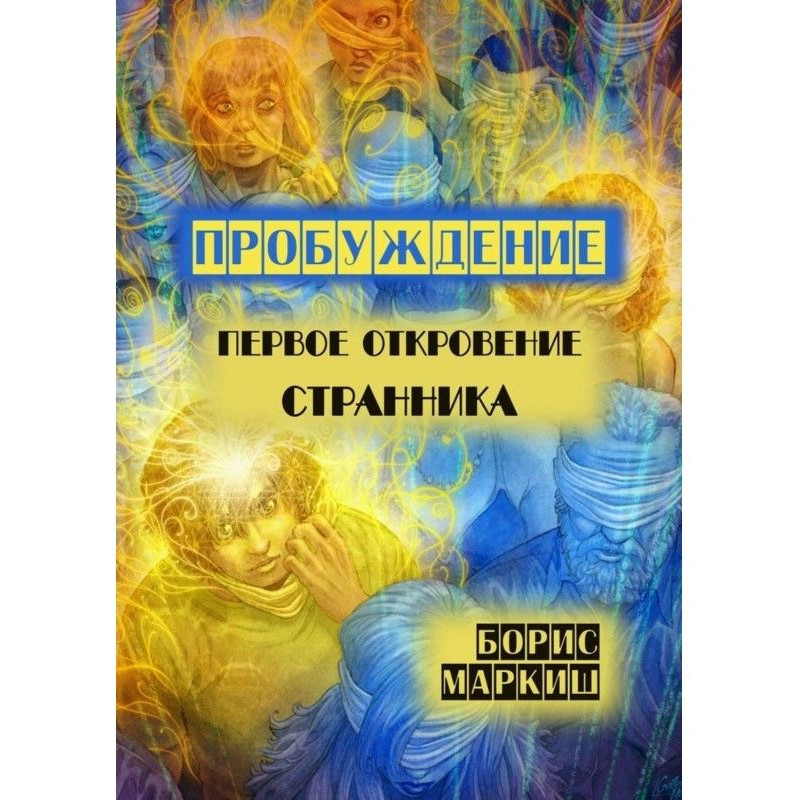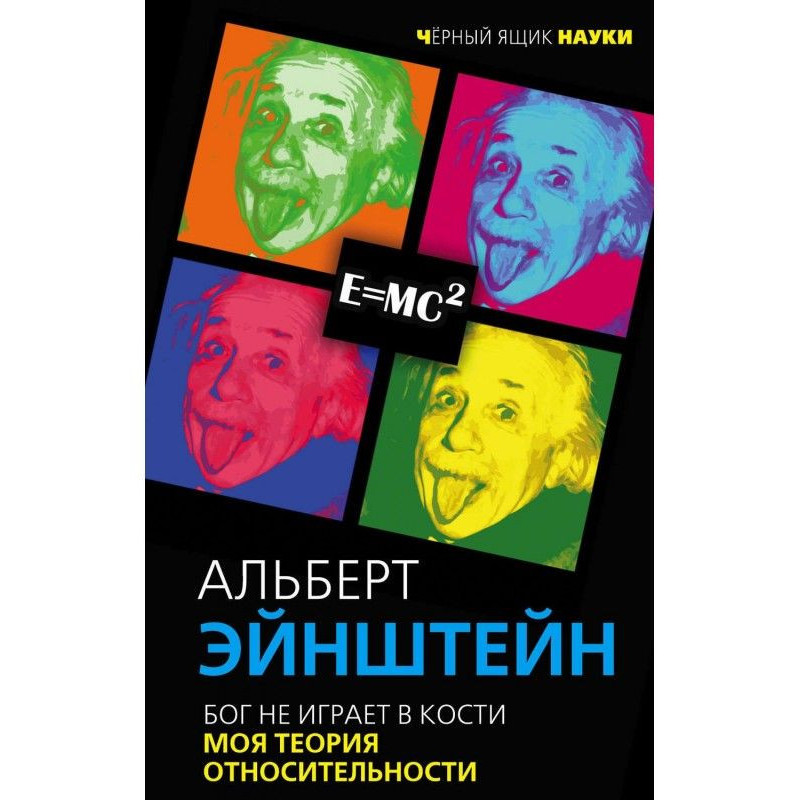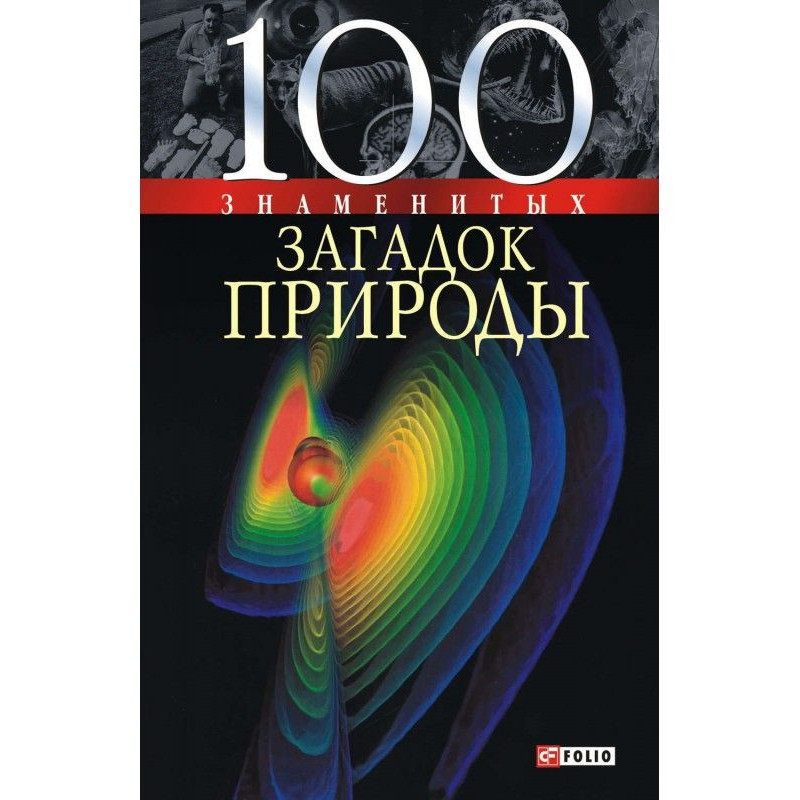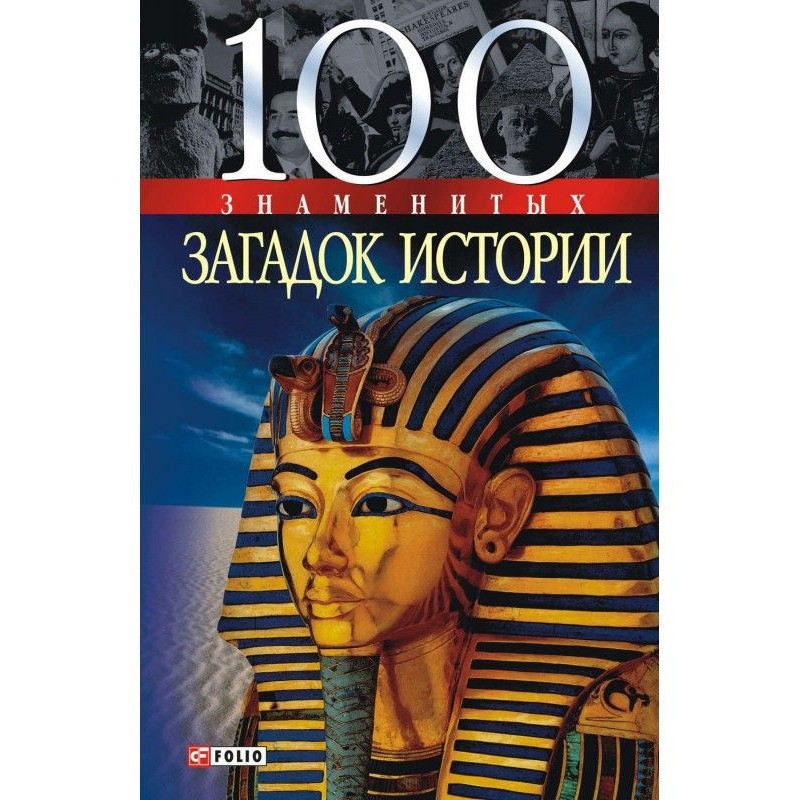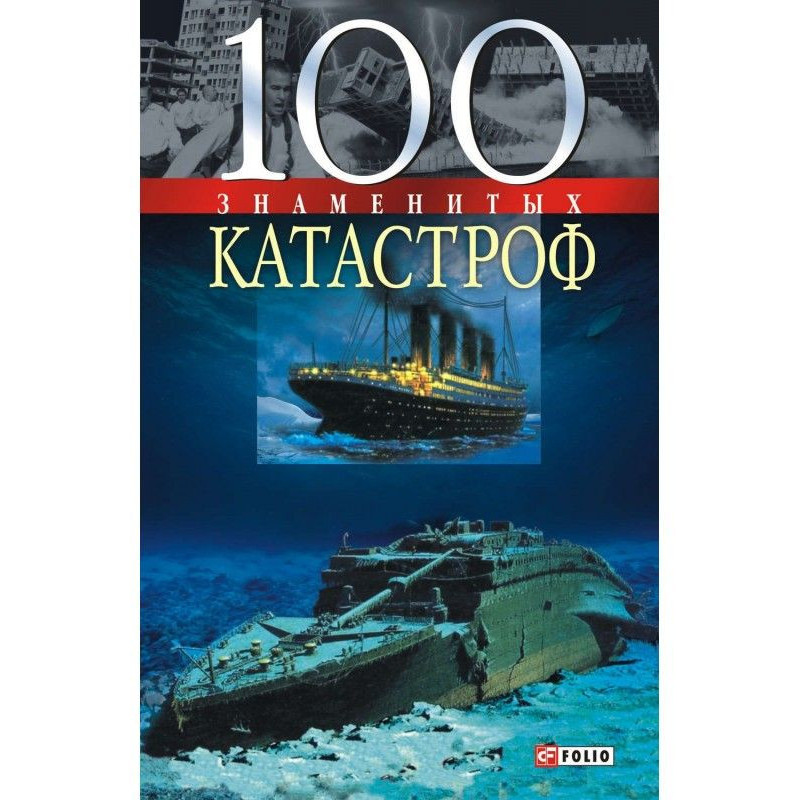20th century: working through the past. Transitional justice practices and the politics of memory in former dictatorships
 Instant download
Instant download
after payment (24/7)
 Wide range of formats
Wide range of formats
(for all gadgets)
 Full book
Full book
(including for Apple and Android)
There are rare moments when in the civilization process there comes, as the Germans say, Stunde Null, zero hour - the time when history can begin anew. In the 20th century, such a time came more than once with the collapse of seemingly unshakable dictatorships. Thus, Germany had the opportunity to start with a clean slate in 1945; among the countries of the socialist camp in 1989 and further – among the republics of the Soviet Union, including Russia, in 1990–1991. However, in different countries the fall of repressive regimes led to very different results. Why were some attempts to draw a line under the totalitarian past and restore the rule of law successful, while others were not? What social and legal institutions and procedures were the key to success? How did the specifics of the historical, cultural, social context influence the trajectory of society's development? And why is the “unprocessed” past returning today, especially in Russia, in the form of political reaction? Evgeniya Lyozina, a political scientist and researcher at the Center for Contemporary History in Potsdam, is looking for answers to these questions in her research.
Data sheet
- Name of the Author
- Евгения Лёзина
- Language
- Russian
Reviews
Глибоке дослідження складних процесів переходу від диктатури до демократії
Книга "XX століття: опрацювання минулого" є вражаючим дослідженням, яке пропонує читачеві глибокий аналіз історичних подій, що відбувалися в різних країнах під час падіння тоталітарних режимів. Автор, Євгенія Лезіна, майстерно розкриває питання, чому в одних випадках суспільства змогли успішно перейти до демократії, а в інших — зазнали невдачі. Книга не лише описує історичні факти, але й пропонує критичний аналіз соціальних та правових інститутів, які стали запорукою успіху або провалу в процесах перехідного правосуддя. Лезіна також підкреслює важливість культурного та історичного контексту, що робить цю роботу надзвичайно актуальною для розуміння сучасних політичних реалій, особливо в Росії. Це дослідження стане корисним не лише для науковців, але й для всіх, хто цікавиться політичною історією та правами людини. Рекомендую всім, хто хоче зрозуміти, як минуле впливає на сучасність і чому важливо опрацьовувати історію, щоб уникнути повторення помилок.

